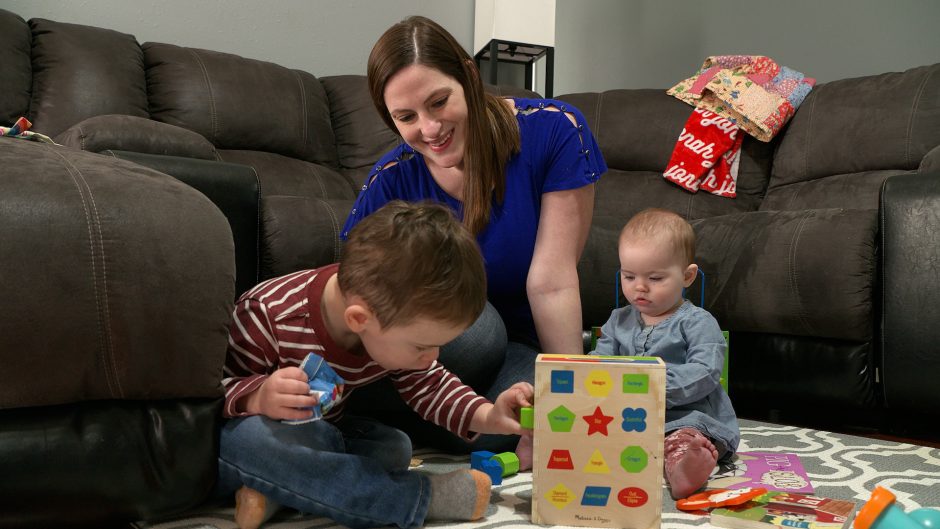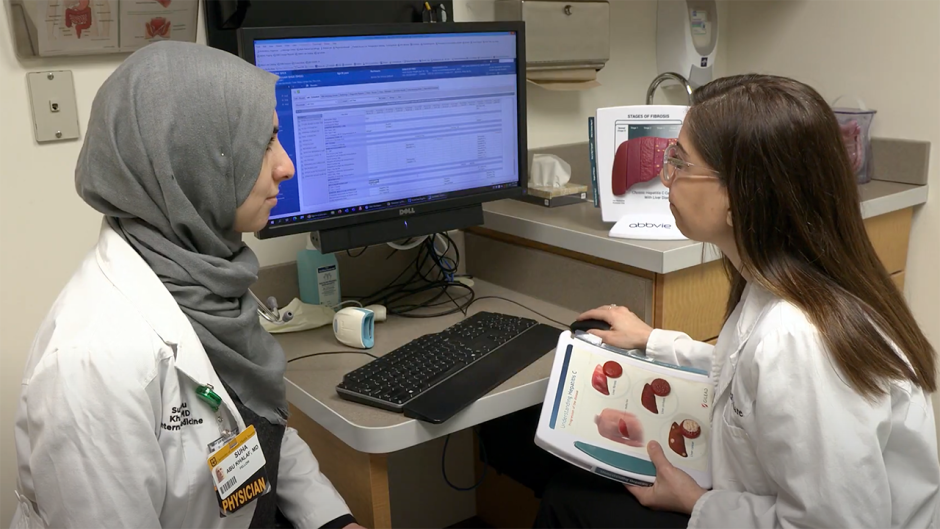December 10, 2021
Transcript
Pate McCuien: Political debates can be interesting to watch, especially with a group of people. Due to the COVID-19 pandemic, virtual debate watch parties allowed people to continue interacting with each other during the 2020 U.S. presidential election while also remaining socially distant. Now, new research from the University of Missouri shows the use of online group chat rooms during virtual debate watch parties can lead to more negative feelings toward an opposing party’s candidate when watching with like-minded people.
MU communication professor Ben Warner got virtual groups of people together to study their interactions. He found that watching the debates with likeminded people can amplify negative opinions of the candidates they already thought about in a negative way.
Warner: “It wasn’t that the chat agreement made people more positive toward the people that you like, it seems like what these chats do is create a piling on of the out-party candidate. There are just more avenues to notice negative things or to construe something as negative or to counterargue something that you otherwise wouldn’t be able to argue.”
McCuien: Warner says that the debates can be a great place for candidates to present the best version of themselves, but people may choose to amplify a negative thought rather than a positive thought.
Warner: “What we’ve found in these studies is that when people decide to send a thought out into the world, more often than not it’s anger directed toward the other candidate.”
McCuien: For more on this research, visit showme.missouri.edu.
I’m Pate McCuien with a Spotlight on Mizzou.




